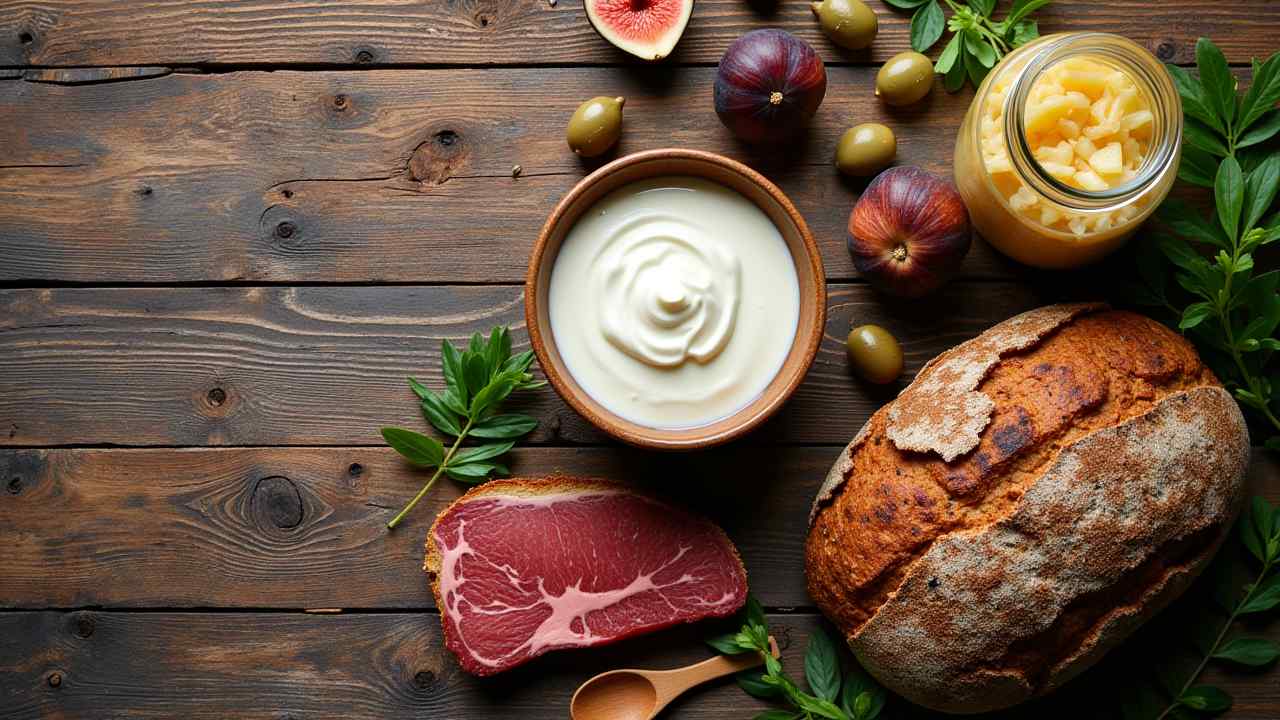
📖 A Guide to The Maker's Diet: What Is This Biblical Eating Plan?
📖 What is The Maker's Diet? (A Guide to This Biblical Eating Plan) 📖
The Maker's Diet is a popular eating plan created by Jordan Rubin. It first gained attention with his book, "The Maker's Diet," published in 2004. The diet is unique. It combines nutritional principles with spiritual guidance based on the health and dietary laws of the Bible.
The program is framed as a 40-day health plan. It is designed to improve physical, mental, and spiritual well-being. It is based on Rubin's own dramatic recovery from Crohn's disease. The diet focuses on eating whole, unprocessed, and organic foods.
This guide will explain the core philosophy of this unique diet. We will explore what you can eat and what you must avoid. Let's look at this popular faith-based approach to nutrition. ✅
Important Medical Note: The Maker's Diet is very restrictive and makes significant health claims. It includes practices like consuming raw dairy, which carries risks. You must consult with a doctor or a registered dietitian before starting this or any other restrictive diet.
🤔 What is the Core Philosophy of The Maker's Diet?
The central philosophy of the Maker's Diet is to eat foods that are in their most natural, God-created state. The diet is based on the eating patterns of ancient Hebrews as described in the Bible. It strongly emphasizes the importance of gut health. It promotes the consumption of living, probiotic-rich foods.
The plan is not just about food. It also incorporates other health principles. These include hygiene, stress management, and prayer. It is a holistic approach to wellness. The goal is to align your lifestyle with what are believed to be divine health principles.
✅ What Foods Are Allowed on The Maker's Diet?
The diet encourages eating a wide variety of whole, unprocessed foods. The focus is always on the quality and source of the food. The list of allowed foods includes:
- Organic and Grass-Fed Meats: Beef, lamb, and goat are encouraged. Organ meats are also highly valued.
- Wild-Caught Fish: Fish with fins and scales, like salmon and cod, are permitted.
- Raw, Fermented Dairy: This is a key part of the diet. Raw, cultured dairy products like kefir, amasai, and yogurt ("yoğurt") are staples.
- Sprouted or Sourdough Grains: Grains are allowed, but only after they have been sprouted or fermented.
- Most Fruits and Vegetables: Organic produce is preferred.
- Healthy Fats: This includes olive oil ("zeytinyağı"), coconut oil, and butter from grass-fed cows.
🚫 What Foods Must You Avoid?
The list of foods to avoid is based on biblical dietary laws (kashrut) and modern health concerns. The main foods to eliminate are:
- Pork and Shellfish: These are considered "unclean" according to biblical law and are forbidden.
- Processed Foods and Sugar: All refined sugars, processed foods, and artificial ingredients are eliminated.
- Most Conventional Dairy: Pasteurized, non-fermented milk products are not allowed.
- Tap Water: The diet recommends only drinking filtered or spring water.
🗓️ What Are the 40-Day Phases of the Diet?
The initial Maker's Diet plan is broken into three phases over 40 days. This is designed to gradually heal the gut and reset the body.
Phase 1 (Days 1-14): This is the most restrictive phase. It eliminates all grains, starches, and most sugars. The focus is on meats, fermented dairy, and non-starchy vegetables.
Phase 2 (Days 15-28): In this phase, you can begin to reintroduce some foods. This includes sprouted grains and more fruits.
Phase 3 (Days 29-40): This is a more liberal phase. It allows for a wider variety of foods as you transition to a long-term maintenance plan.
After the 40 days, the goal is to continue with the principles of the diet for life. This means maintaining a focus on whole, organic, and properly prepared foods. It is a commitment to a life of mindful and faith-based eating. 🙏